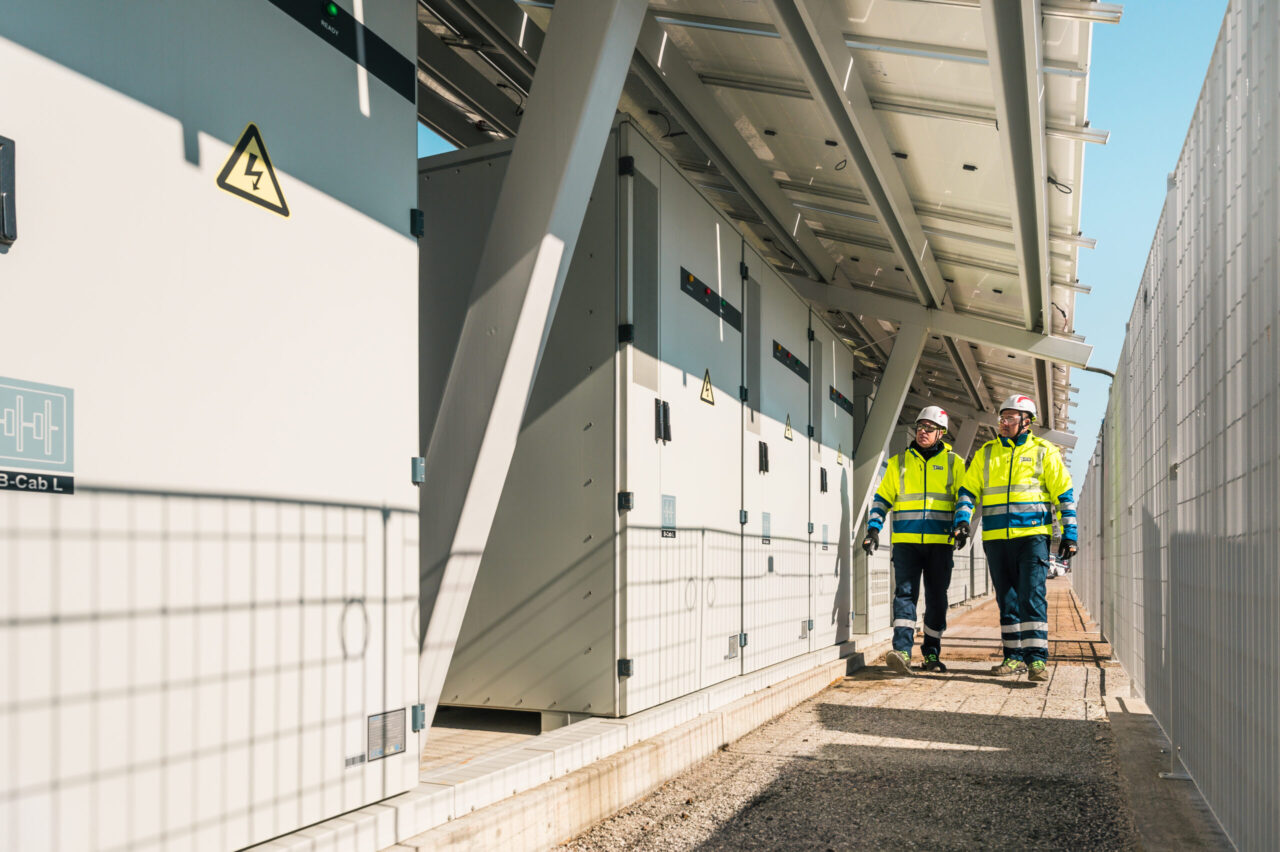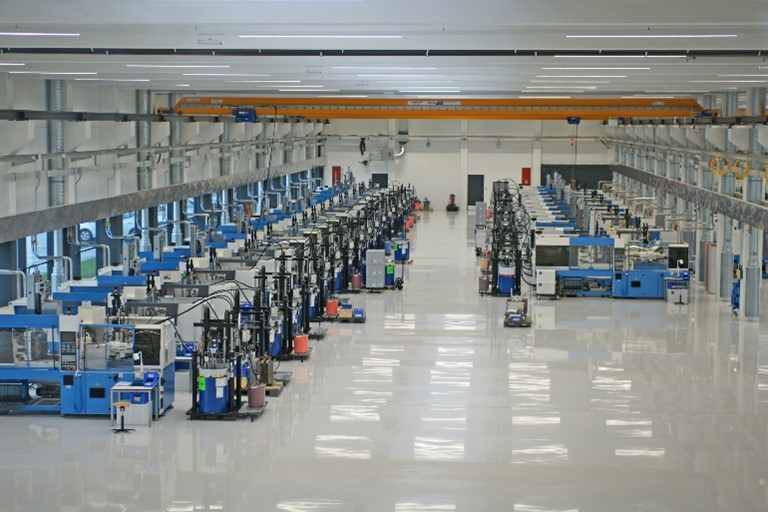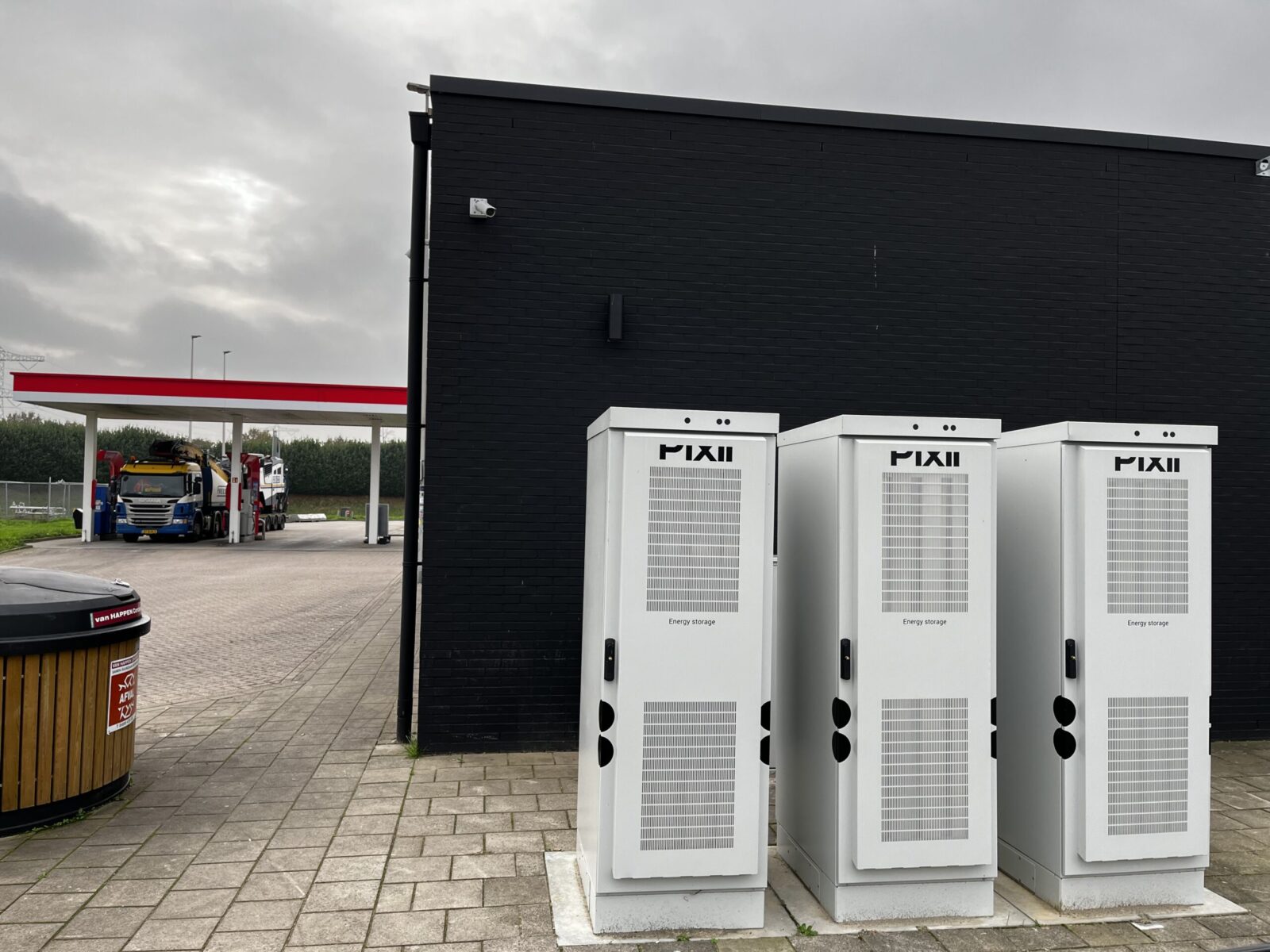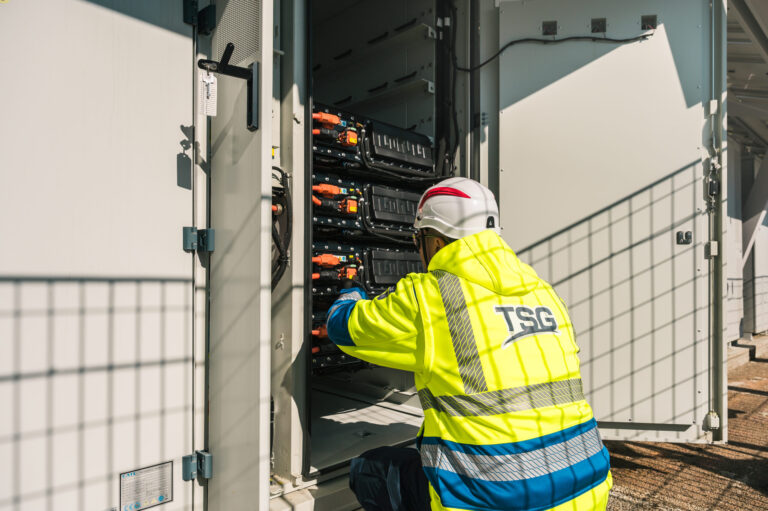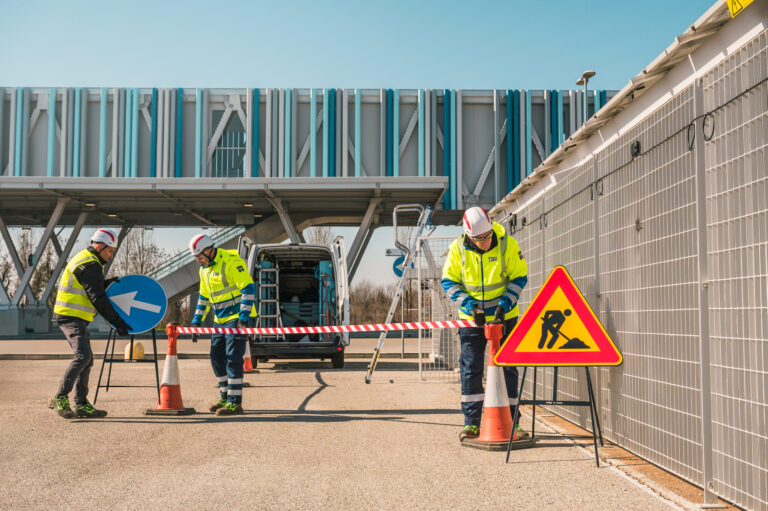Industrial automation and the quest for energy-efficient solutions are gaining momentum, propelled by stringent environmental regulations. The need for advanced heat treatment processes in automotive, aerospace, and manufacturing industries is becoming increasingly critical.
Coupled with significant advancements in battery storage technologies, improved fuel efficiency, and a rising focus on eco-friendly power solutions, these elements collectively fuel the positive trajectory of the UK’s battery storage market. This evolution positions the industry as a cornerstone in the shift towards a more sustainable and resilient energy future.
